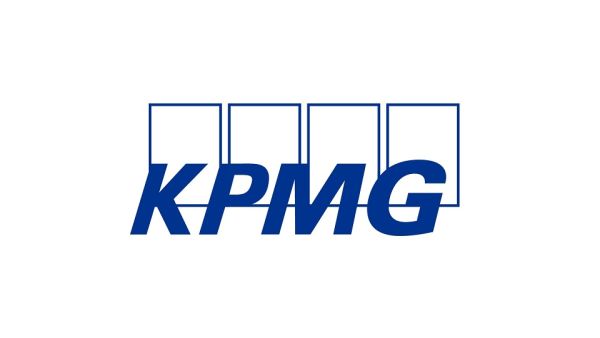Female Leaders See The Pandemic As A Potential Equalizer For Gender Equality, But Significant Progress Still Needed To Achieve Parity On Boards And Management Teams: KPMG

Global female leaders see several possible silver linings in the COVID-19 crisis: see the pandemic as a potential equalizer for a more inclusive workforce, cite making a positive impact on the world as their top motivator and are embracing digital like never before. The global study by KPMG reveals that while four in ten believe gains made on diversity and inclusion aren’t likely to slow down, 92 percent say business is a long way from the goal of achieving truly diverse boards and management teams.
On the release of this report, Karen Watts – Partner and Head of Quality and Risk Management, KPMG in Kuwait said, “We saw much greater participation from female leaders in Kuwait in this edition of the Global Female Leaders Outlook, which resonates with the growing number of female leaders across all sectors.
Most of our participants believe the ongoing pandemic has forced them to rethink their leadership strategies. Leaders are realizing employees expect a lot more compassion and flexibility from organizations and are, therefore, making significant changes to drive flexibility, build inclusive cultures and embed a purpose-led, values-driven environment in the post-pandemic world.”
She further added “our survey results show female leaders are pushing for growth despite the pandemic and lockdown. They have embedded resilience and embarked on a journey towards digital transformation, helping their organization grow.”
Making a positive impact
Gender inequality and climate change were the top two issues female leaders named as areas they feel free pressure from their stakeholders to act on:
- 42 percent say sustainability activities to reduce climate change will be even more important for strategic decisions post COVID-19.
- 58 percent say they want to lock in sustainability and climate change gains made as a result of the crisis, while 48 percent say their response to the pandemic has caused their focus to shift toward the ‘S’ in ESG.
- 42 percent believe that measures their company has taken recently to fight discrimination and racism have been powerful.
Embracing disruption
A majority (80 percent) of female leaders have seen the digital transformation of their businesses accelerating during the pandemic. The biggest advancements have been in the digital transformation of operations, where 30 percent say that progress has put them years ahead of where they would have otherwise expected to be today. However, nine in ten (92 percent) of respondents agree that their company has room to improve innovation processes and execution.
Looking to grow their companies’ prospects, despite the odds
More than half (58 percent) of respondents remain confident or very confident about their companies’ growth prospects over the next 3 years. Female leaders were less bullish about the global economy, however, with 46 percent expecting negative growth rates and just 29 percent saying they are confident or very confident about growth.
Evolving definition of the working world
From the perspective of female leaders, the most important change to come from the crisis is the increased use of digital communication and collaboration tools. In fact, more than 97 percent of respondents say they want to contribute to this digital development. Additionally, 58 percent of the female managers believe that their personal communication with employees has improved during the crisis.
Half of the respondents believe that the talent pool has gotten bigger due to the flexibility that remote working can offer. Indeed, 62 percent of the Global Female Leaders agree that remote working has caused their company to make significant changes to policy.
When asked which personal strengths they felt were necessary to overcome the COVID-19 crisis, female leaders named the following top three:
- being visionary and innovative is top of the list (44 percent),
- acting with a great degree of flexibility and agility (43 percent) and
- being a team player (42 percent).
Background Information
KPMG
Through helping other organizations mitigate risks and grasp opportunities, we can drive positive, sustainable change for clients, our people and society at large.
KPMG member firms operate in 153 countries, collectively employing more than 207,000 people, serving the needs of business, governments, public-sector agencies, not-for-profits and through member firms' audit and assurance practices, the capital markets. KPMG is committed to quality and service excellence in all that we do, bringing our best to clients and earning the public's trust through our actions and behaviours both professionally and personally.






